Wanning's recent articles
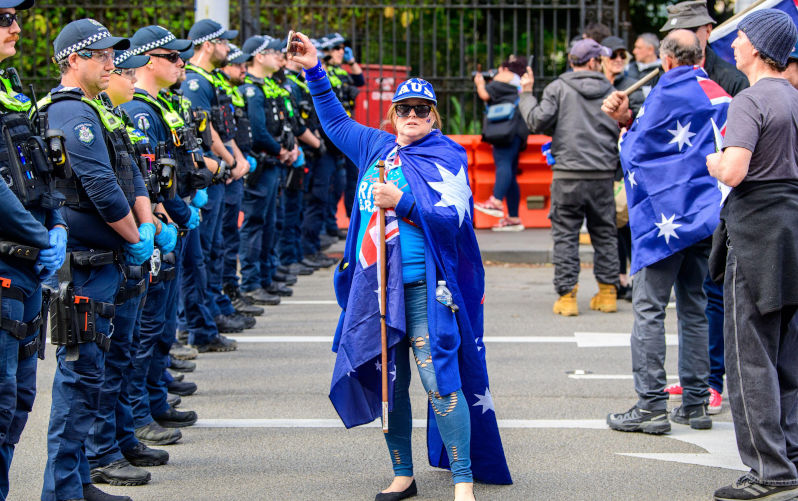
15 January 2026
Best of 2025 - Australia’s fragile multicultural consensus under threat
Anti-immigration rallies around Australia in late August and mid-October exposed public divides over migration, social cohesion and national identity.

7 November 2025
Australia’s fragile multicultural consensus under threat
Anti-immigration rallies around Australia in late August and mid-October exposed public divides over migration, social cohesion and national identity.

1 November 2025
Understanding Australia-China research mobility
Australia’s research partnership with China is a significant component of its scientific output, particularly in engineering, technology and applied sciences.
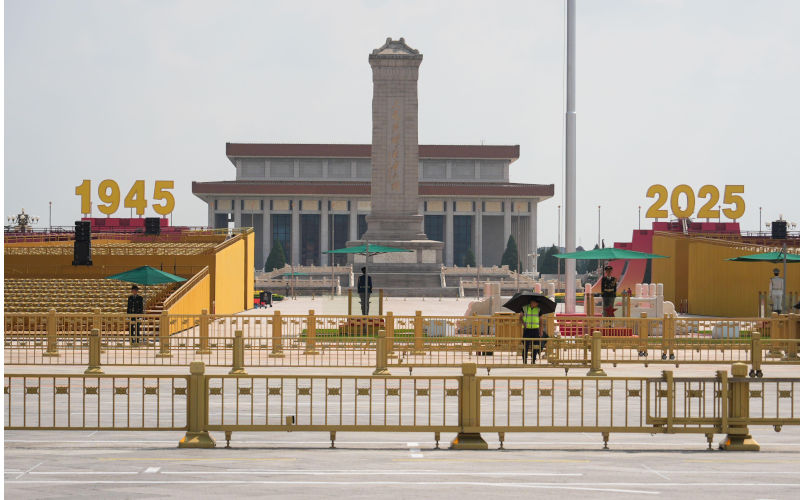
3 September 2025
A tale of two lists: How geopolitics shaped the attendance of China’s parade
On 3 September 2025, a large-scale parade will be held in Tiananmen Square to mark the 80th anniversary of what has been dubbed by Beijing the Victory of the Chinese People’s War of Resistance against Japanese Aggression and the World Anti-Fascist War.
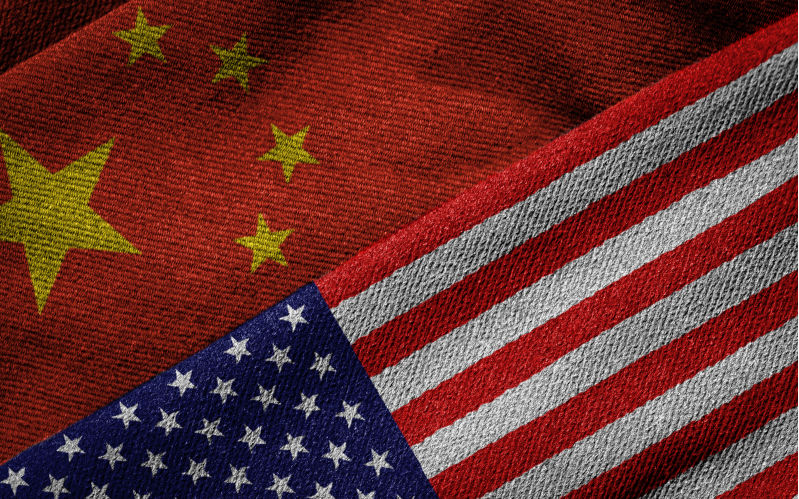
29 July 2025
How Chinese diaspora voters reshape Australian and US politics
Chinese diaspora communities in Australia and the US both face racism and loyalty suspicions under China threat narratives, yet their voting has diverged.
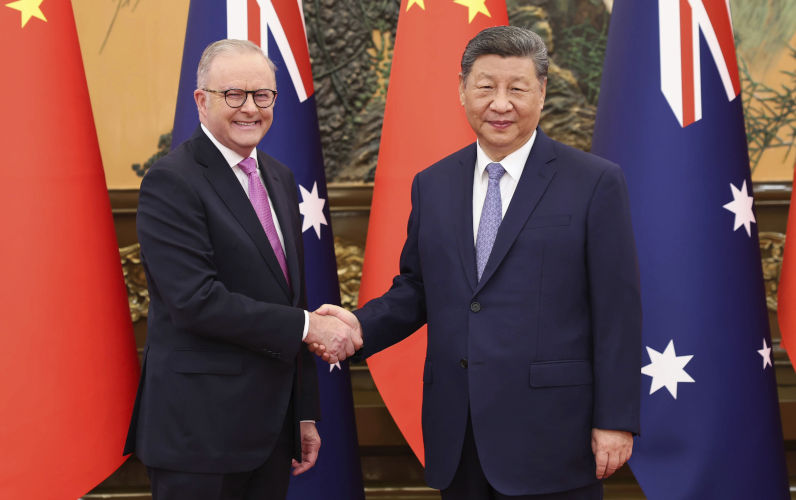
17 July 2025
Albanese can afford to ignore noises and focus on delivering goods for voters
Although few can fault the prime minister for trying to generate more imports and exports with our biggest trading partner, everyone — ranging from an obscure Chinese social media influencer wannabe to Australian opposition luminaries such as Barnaby Joyce — has an opinion about the visit, and everyone seems to be ready to offer the prime minister a wealth of warnings and free advice.

28 June 2025
Everybody is responsible for social cohesion, from politicians to teenagers on the street
On 3 June, Australia’s Home Affairs Minister, Tony Burke, issued a joint statement with Multicultural Affairs Minister Anne Aly, announcing the establishment of an Office for Multicultural Affairs within the Home Affairs Department.

13 May 2025
Chinese Australians’ rejection of the Liberal Party: Ten moments
The rejection of the Liberal Party by Chinese Australian communities in the election was comprehensive and unambiguous.
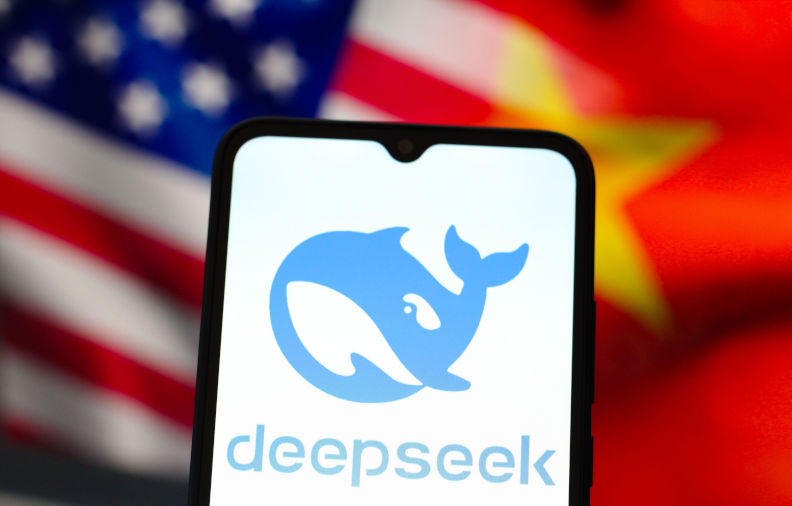
1 February 2025
DeepSeek’s success challenges assumptions about Chinese tech companies – and the US-China competition
The release of the new DeepSeek-R1 artificial intelligence (AI) model has shocked the tech world.
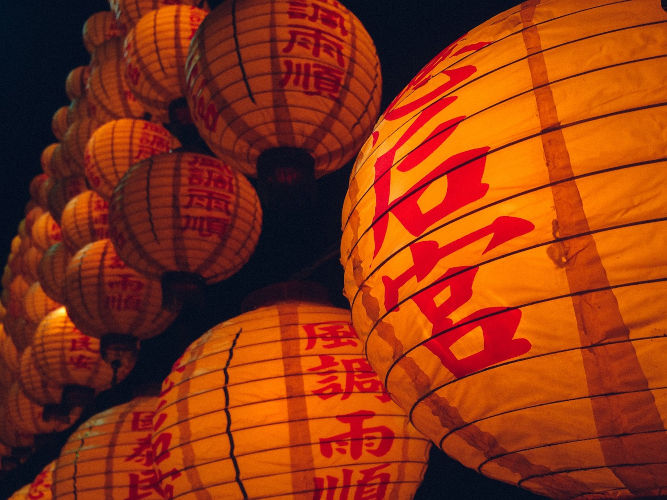
19 December 2024
Chinese-Australian and Chinese-American views on news: A comparative study
In recent years, media speculation about a possible conflict between the PRC and the US — and Australia’s role in the war as an ally of the US — has gained significant momentum in both countries. Both Chinese-Australians and Chinese-Americans face the geopolitical reality of living in a country that increasingly sees the PRC as a hostile nation. Possibly for this reason, they share a range of sentiments and views.
13 December 2024
Why Australian politicians are flocking to ‘Little Red Book’ to engage with Chinese voters
Wen Li, a graduate student living in Brisbane, ran for the seat of Mansfield as a Greens candidate in the recent Queensland election. Li promoted his policies on Xiaohongshu, one of the most popular Chinese social media platforms. When he lost, he posted a message on the platform announcing his desire to run in the next federal election.
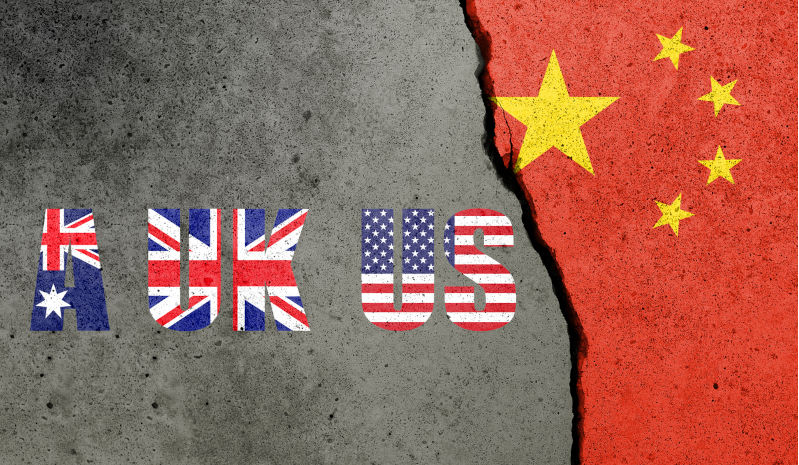
14 November 2024
AUKUS, the China threat and Chinese-Australian communities
The recent election of Donald Trump to the US presidency has cast further doubt on the feasibility of the AUKUS trilateral security partnership, particularly Australia’s acquisition of nuclear submarines under Pillar I. Yet the AUKUS trilateral security partnership has become a fait accompli without the Australian public having expressed much in the way of opposition, or even a desire for more information about the program forecast to cost up to $368 billion, despite a lack of debate or public consultation by successive Australian governments.
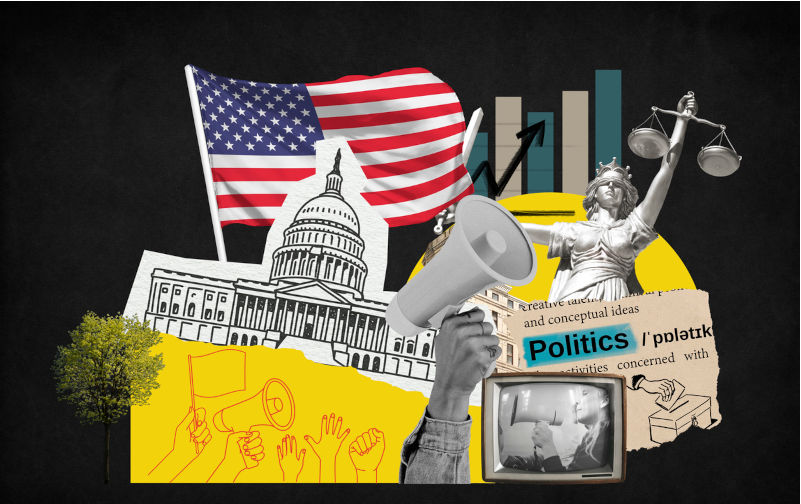
13 October 2024
Anxious Democrat voters find new ways to self-medicate as election looms
Standing in the tiny foyer of a small theatre that had seen better days on a residential street in inner-city Philadelphia, I asked a fellow theatre-goer standing next to me, “Are you looking forward to some comic relief?”
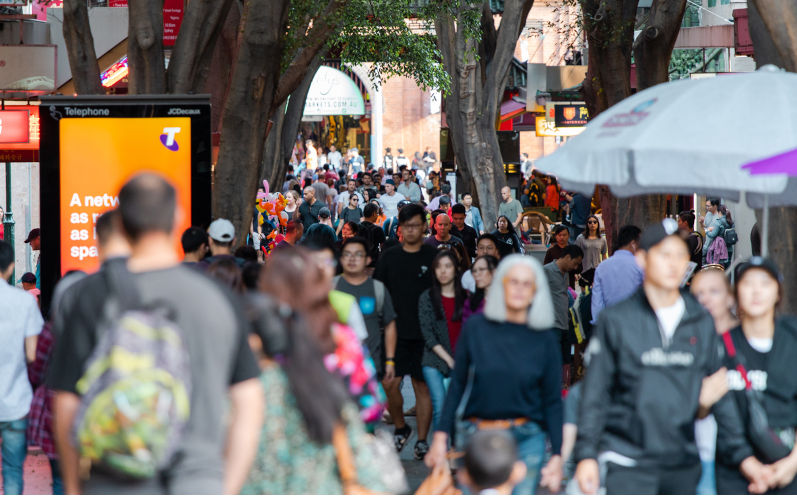
9 July 2024
'When a weasel makes a courtesy call on a hen': a ‘pro-China' Dutton and Chinese-Australian voters
When I asked Jocelyn Chey about her experience at the lunch in Parliament House in honour of Chinese Premier Li Qiang, she said, I thought the best part of the lunch was Dutton’s speech through gritted teeth about how everyone wants relations with China to improve.

5 July 2024
TikTok tensions are a new front in US–China tech wars
The US Congress' decision to push TikTok towards sale or ban due to national security concerns has garnered support from nearly 40 per cent of Americans and 59 per cent of Australians, but its impact could lead to job losses and deepen the tech divide between US and China. TikTok is seen as a litmus test for dealing with China in the lead-up to the 2024 US election, with both parties aiming to appear tough on China. The platform has also played a significant role in shaping younger users' social and political views, leading some to see it as a...

15 June 2024
Labor appreciates Chinese-Australians’ contribution, but whose job is it to stop sinophobia?
The statement released by the Prime Minister’s office concerning the visit of Chinese Premier Li Qiang notes that there will be a ‘community event to recognise the significant contributions of the over one million members of the Chinese-Australian community to our nation’s multicultural success story'. But what Chinese-Australians truly desire is to be treated as equal, rights-bearing Australian citizens, free from mistrust and suspicion.
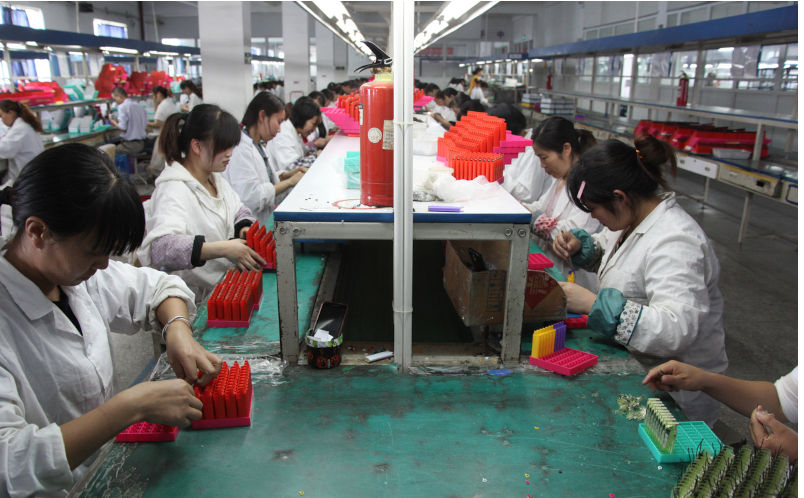
9 June 2024
‘We’re all trained to be good obedient children, but what do you want?’ Delving into the inner lives of women in neoliberal China
Yuan Yang is what migration academics call a “1.5 generation migrant” – meaning she was born in her country of origin and then migrated to another country as a child.
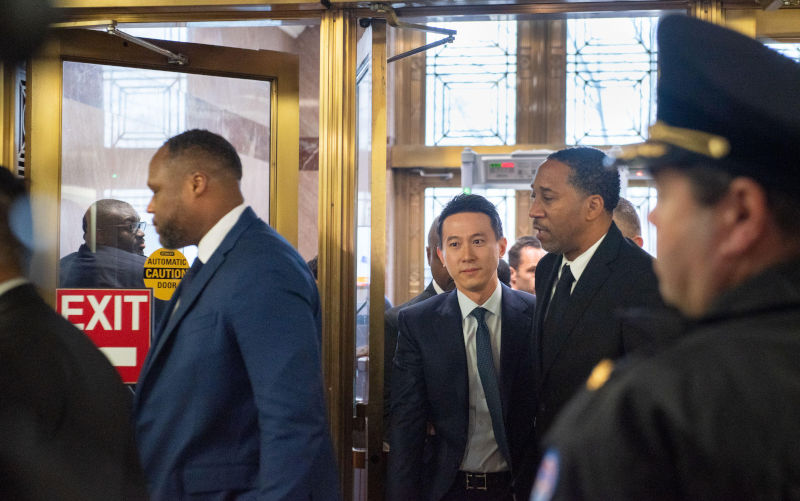
22 March 2024
If TikTok is banned in the US or Australia, how might the company – or China – respond?
TikTok’s owner is once again navigating troubled waters in the United States, where the US House of Representatives has issued an ultimatum: divest or face shutdown within six months.

13 February 2024
Chinese Australians are happy ScoMo’s leaving politics. Is this an opportunity for the Liberals?
This level of dislike for Morrison among Chinese Australians should come as no surprise, given that the roughest patch in Australia-China relations happened during his reign. But now he's gone, can Peter Dutton begin to mend fences?
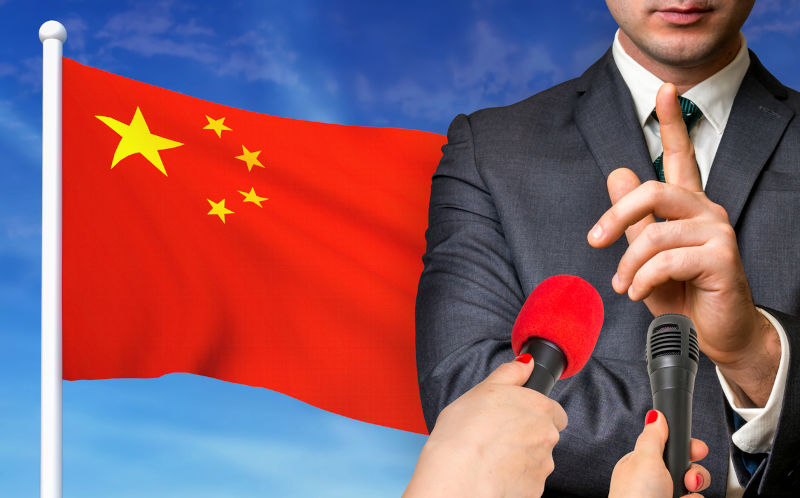
21 November 2023
Is a re-set likely in our media’s China coverage?
Andy Park, the host of Drive on ABC Radio National, asked one of his guests the following question about Albanese’s visit to China: ‘Scoring an invitation to go to Beijing is obviously a coup for Mr Albanese. Obviously, much was said and done under the table diplomatically speaking. … Do you think the average Australian thinks it’s the right direction for Australia’? This is a good question indeed.

4 November 2023
Decoupling in the knowledge production sphere threatens Australia's future
An intimate and complex understanding of China is now one of the most important prerequisites for understanding and furthering our national interests. For the two nations of China and Australia, to allow tensions and misunderstandings to provoke a decoupling in the knowledge production sphere –whether it be in the sciences, the social sciences or the humanities – would be extremely unwise, from the point of view of securing Australia’s future.

12 October 2023
Pearls and Irritations refuses to follow the pack mentality of the mainstream media
A tonic for readers who are drowning in news about China, climate change and socioeconomic problems, but who are starved of alternative and critical perspectives.

16 September 2023
Chinese voters' disillusionment over Labor and AUKUS
When Labor and the Liberals share similar strategies regarding China and national defence, why should Chinese-Australian voters stay loyal?
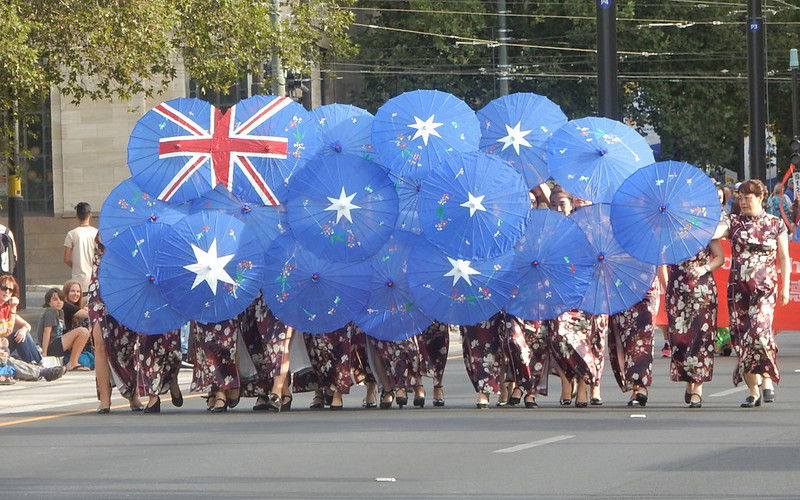
8 September 2023
Australia's multicultural framework can no longer be separate from geopolitics
A new multicultural framework needs to recognise that the well-being of Australia’s multicultural communities is closely related to, and inevitably affected by, geopolitics, and by Australia’s foreign policy towards migrants’ countries of origin. It is no longer viable to conceptualise foreign policy and multicultural affairs as two separate entities.

31 August 2023
Sixty-three per cent of Chinese-Australians report mental anguish from English-language media’s "biased reporting"
New survey results from the Australia-China Relations Institute at UTS find that 91% of Chinese-Australians are concerned by the Australian English-language media’s tendency to engage in speculation about war with China, because they believe such speculation could become a self-fulfilling prophecy; and about six in ten (63%) respondents reported feelings of emotional and mental anguish in response to the media’s biased reporting on PRC related issues.

30 August 2023
Pearls and Irritations refuses to follow the pack mentality
A tonic for readers who are drowning in news about China, climate change and socioeconomic problems...
22 July 2023
Australia may ban WeChat – but for many Chinese Australians, it’s their ‘lifeline’
One morning in February 2021, I was woken by a WeChat call from my brother in China. Mum had died the previous night, he told me. I wasn’t shocked to hear about Mum’s death – she had been very ill for a couple of years.
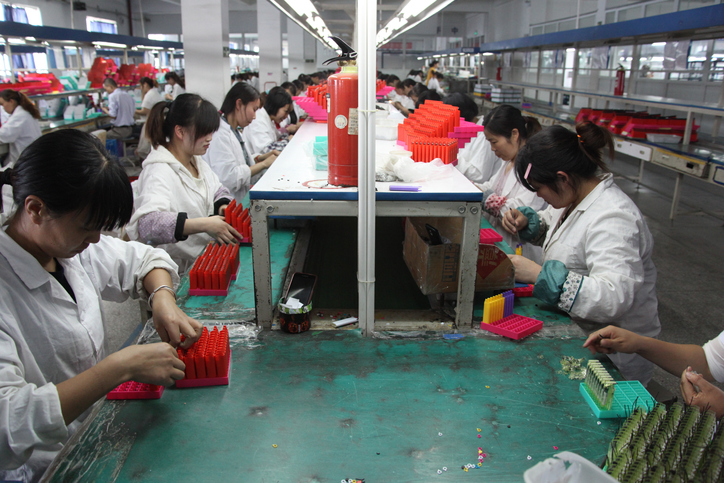
10 April 2023
The troubled love lives of China’s rural migrants
For the past decade or so, the Western media has been critical of the Chinese state, the Chinese government and the Chinese Communist Party. This criticism has been made in the context of a small number of issues, such as human rights in Xinjiang, political dissent in Hong Kong and Western citizens detained in China.

30 March 2023
‘The media normalises war-mongering’: how Chinese Australians respond to talk of war in mainstream media
Early this month, the Daily Mail published a story online implying three Chinese men taking photos at the Avalon Airshow in Melbourne were spies. After complaints and an open letter condemning the paper for racially profiling the Chinese communities and throwing around baseless accusations, the story disappeared from the Mail’s site without explanation.

15 March 2023
Red Alert: news media ‘Sleep-Walking’ into US war propaganda
One of the best-known writers on public opinion, Walter Lippmann, tells us that every conflict is fought on two fronts: the battlefield and the minds of people via propaganda. ‘We must remember that in time of war what is said on the enemy’s side of the front is always propaganda, and what is said on our side of the front is truth and righteousness’.

4 January 2023
The Liberals’ review of Chinese-Australian voters betrays more blind spots
The Liberal Party’s problem with Chinese-Australian voters became apparent after its loss in the May 2022 federal election. Post-election number-crunching reveals that in 15 seats with large concentrations of Chinese-Australian voters, the swing against the Liberals was 6.6 percent, in contrast to 3.7 percent in other seats.

15 November 2022
“Bad China” makes good news stories — but who benefits and who suffers?
Positive energy is in the air in anticipation of a possible meeting between Chinese President Xi Jinping and Australian Prime Minister Anthony Albanese, and many are evidently encouraged by the positive vibes from the recent telephone conversation between Chinese Foreign Minister Wang Yi and his Australian counterpart Penny Wong.

15 July 2022
Misconstruing China’s ‘demands’, Australian media beat the drums of war
After three years in deep freeze, Australia’s relationship with China may be starting to thaw, with the foreign affairs ministers finally talking to each other.

2 June 2022
What Scott did, and what Labor needs to undo: How to retain the Chinese-Australian Vote
‘Is there anything that you specifically think Anthony Albanese would do better?’ a journalist in the National Press Club asked Grace Tame, the 2021 Australian of the Year, and a fearless champion for women in Australia. Tame answered, ‘All Anthony would have to do is none of the things that Scott’s done.’

30 January 2022
Ill informed media led a merry dance by 'hack' on Morrison's WeChat account
The 'hijacking' of the Prime Minister's account is a complicated story that, when simplified, fits neatly again into the anti-China narrative.

5 December 2021
Between watch dog and guard dog: the China threat and the Australian media
What is the role of Australian media, especially news media, in shaping a sense of who we are as a nation, amidst talk of a Cold War with China?
4 July 2021
Australian universities and the anxiety of Chinese influence
Sometime in 2010, a graduate journalism student from China asked to meet with me. She needed to interview at least two people for one of her assignments, and her chosen topic was the media in China and freedom of expression. She told me that she had already spoken with the well-known Australian writer Frank Moorhouse about his decision not to visit China as a protest against China’s treatment of political dissident Liu Xiaobo. Moreover, now she wanted to talk to me, too.
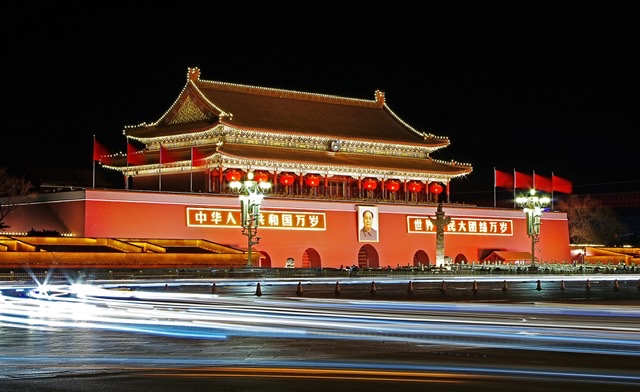
19 March 2021
Fear and Loathing: Australian media on China and Covid-19
The way various segments of the Australian media report on China’s COVID-19 experience reflects these media’s own fears and anxieties and their political, ideological, and cultural positions. More credible media outlets in Australia have mostly framed China’s efforts in political and ideological terms.
4 January 2021
WeChat’s Potential for Social Activism and Civic Action in the Chinese Diaspora (GJIA Dec 10, 2020)
WeChat is predominantly used by Mandarin speakers both within and outside China. Although this social media platform is owned by a Chinese company and is subject to China’s censorship and scrutiny, it nevertheless has the potential to enable social activism and civic action in the Chinese diaspora across the globe.
11 December 2020
Many Australians with a Chinese background feel caught ‘between a rock and a hard place’
I was invited to give the annual 2020 Henry Chan lecture at a time when Chinese-Australians had well and truly become objects of suspicion and distrust. I have been doing research on Chinese-language media in the Chinese diaspora for two decades.
23 October 2020
“When a scholar meets a soldier …”: Why I’ve decided not to speak to the senate inquiry on diaspora communities in Australia (ABC Oct 21, 2020)
What purpose does Senator Abetz’s questioning of Chinese Australians serve, other than to make them feel that they will never belong, no matter how long they have lived here or how hard they have tried?
19 July 2020
Issues with the Chinese diaspora’s political participation
Australia’s public diplomacy agenda does not seem to have translated into concrete policies in regard to the Chinese diaspora, argues this excerpt from a submission to a current Senate inquiry.
25 March 2020
WANNING SUN.-Response to ‘Red Flag: Waking Up to China’s Challenge’ by Peter Hartcher
Following the logic of his own argument, can we assume that Hartcher now wants to recant the position he has advanced in the Quarterly Essay?
20 March 2020
WANNING SUN.-China’s journey through Covid-19: A tale of one city and one family. (ABC Religion and Ethics 18.3.2020)
A difficult question is whether we can achieve similar results(as China) without the heavy-handed top-down control and significant incursions into individual liberty and freedom as we have seen in the City Y.
18 February 2020
WANNING SUN. Australia’s nation-building must start re-imagining Chinese-Australians as part of the ‘national self’, not the nation’s ‘internal Other
Australia is now home to more than 1.3 million citizens of Chinese heritage. They have been profoundly alienated.
10 December 2019
Adversarial journalism in the coverage of China
Australian media’s coverage of China has shifted to adversarial journalism. To change this status quo requires leadership and serious action.
9 December 2019
WANNING SUN. China finding its place in the world.
China. Chinese Australians are feeling the heat, whether they support China or Australia Chinese migration to Australia has always been an essential part of Australian multicultural history. Various diasporic Chinese communities in Australia have played important roles in Australia’s political, social, cultural and economic maturations. Yet now their loyalty to Australia has been unfairly questioned.
21 November 2019
WANNING SUN. New research shows Chinese migrants don’t always side with China and are ha ppy to promote Australia
The Australian government has indicated that “diaspora communities” are crucial to Australia’s public diplomacy mission to promote the country abroad. It has also identified online and social media as essential “public diplomacy tools”.
10 May 2019
WANNING SUN. Another Non-Story on China – An Example of Selective Framing
An ABC news story, ‘Chinese media mocks Australia and Prime Minister in WeChat posts’, fails to mention a few key points, and as a result, is potentially misleading, even confusing.
29 March 2019
WANNING SUN. Chinese social media platform WeChat could be a key battleground in the federal election (The Conversation, 28 March 2019)
Labor leader Michael Daley’s “young Asians with PhDs taking our jobs” blunder cost him dearly in the recent NSW state election. His defeat also offered a taste of the crucial role the Chinese social networking platform WeChat could play in the forthcoming federal election.
Showing 50 of 58 articles
